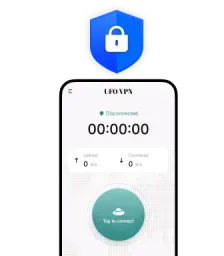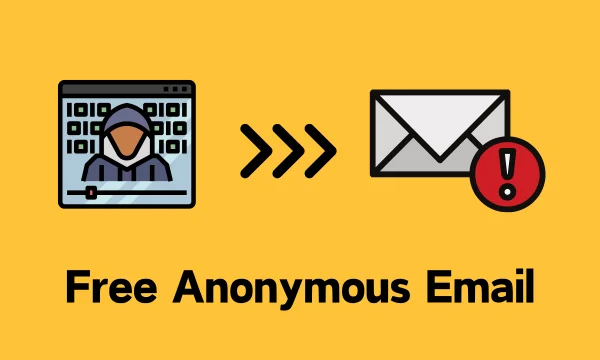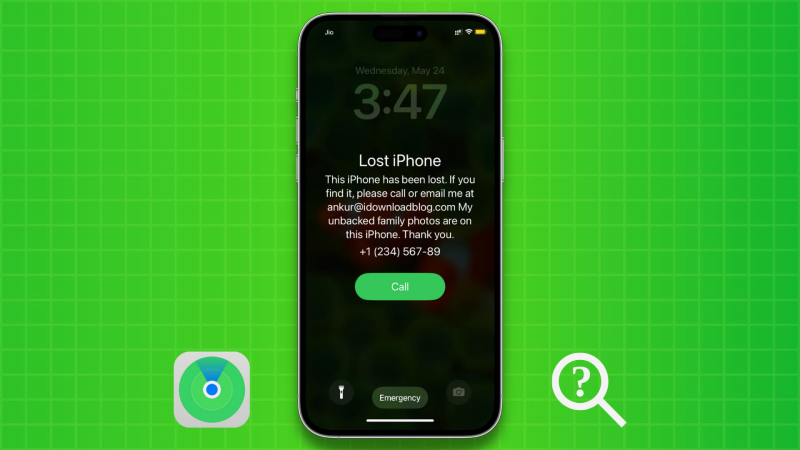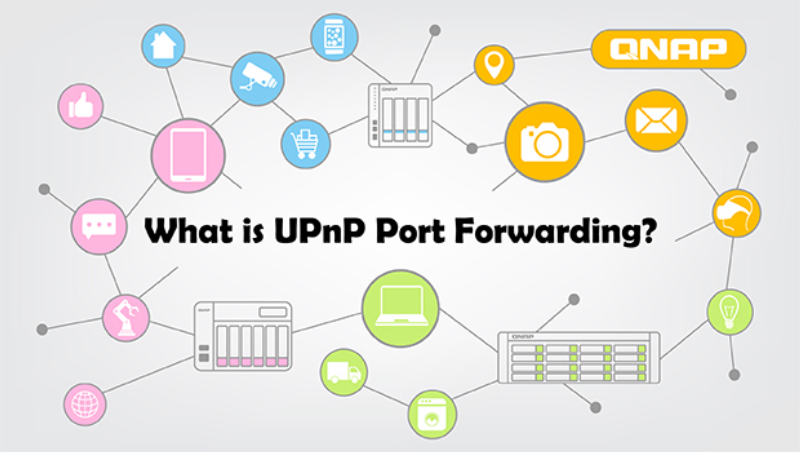What is RFID and How Does It Work?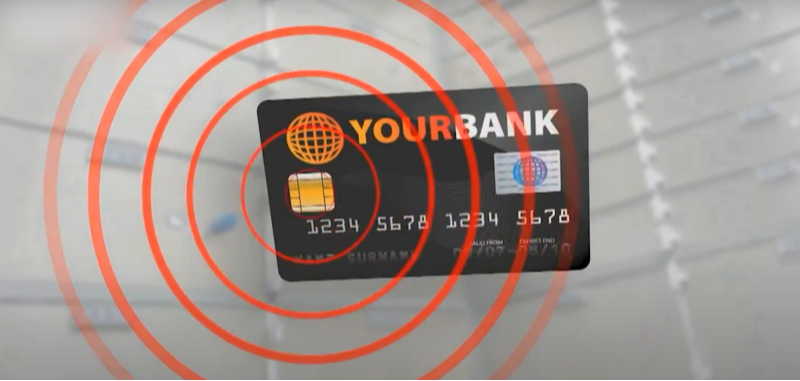
Understanding RFID Technology
RFID (Radio Frequency Identification) is a technology that uses radio waves to transmit data between a tag and a reader. It’s commonly used in:
✅ Credit and debit cards for contactless payments.
✅ Passports and ID cards for fast identification.
✅ Transit cards for seamless public transport access.
✅ Key fobs and security access cards.
How Contactless Payments Work
When you tap your card on a payment terminal, the embedded RFID chip communicates with the reader using Near-Field Communication (NFC). The process is encrypted, making it difficult for unauthorized access.
Can RFID Be Used for Contactless Theft?
What is Contactless Theft?
Also known as RFID skimming, this type of fraud involves a scammer using a hidden RFID reader to capture card details from a distance.
Is Contactless Theft a Real Threat?
While theoretically possible, RFID skimming is extremely rare. Most modern cards use encryption that makes unauthorized access difficult. Additionally, contactless payment limits ($50–$100 per transaction in most countries) reduce the risk of large-scale fraud.
However, RFID security remains a concern, especially in crowded places like airports or shopping malls, where a scammer could attempt to scan multiple cards undetected.
How RFID Blocking Works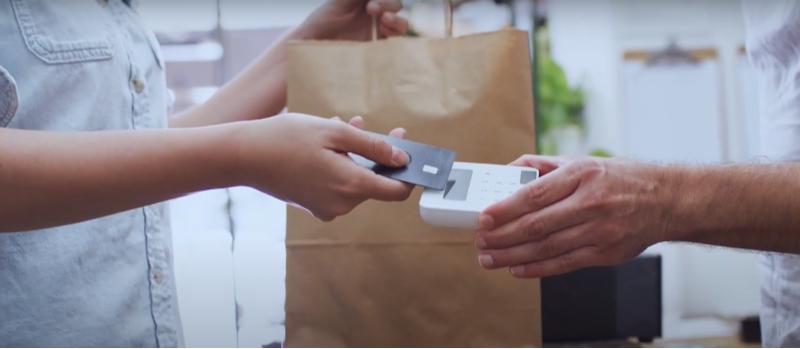
What is RFID Blocking?
RFID-blocking wallets and sleeves contain materials like aluminum or carbon fiber that prevent radio signals from reaching your cards. This creates a shield that blocks unauthorized RFID scanning attempts.
Types of RFID Blocking Solutions
- RFID Wallets & Purses – Built-in RFID-blocking material.
- RFID Sleeves – Individual card protectors.
- RFID-Blocking Cards – Emit a signal that scrambles nearby RFID readers.
While these methods can offer peace of mind, are they truly necessary? Let’s find out.
Does RFID Blocking Really Work?
Effectiveness of RFID Blocking
✅ Yes, RFID blocking does work—it effectively prevents unauthorized RFID scans.
🚫 But is it necessary? In most cases, no. Modern credit cards use secure encryption, making RFID skimming nearly impossible.
Limitations of RFID Blocking
- RFID theft is rare – Traditional card fraud (via phishing, online breaches) is a bigger risk.
- Does not protect against online fraud – Your card details can still be stolen through hacking or phishing.
- Not all RFID-blocking products work – Some cheap wallets don’t block all frequencies effectively.
What’s a Better Solution for RFID Security?
Instead of relying solely on RFID blocking, consider stronger security measures, such as:
- Disabling contactless payments if you don’t use them.
- Monitoring bank statements regularly for unauthorized transactions.
- Use a Best free VPN to encrypt your online transactions and protect sensitive financial data.
Better Ways to Protect Your Cards and Data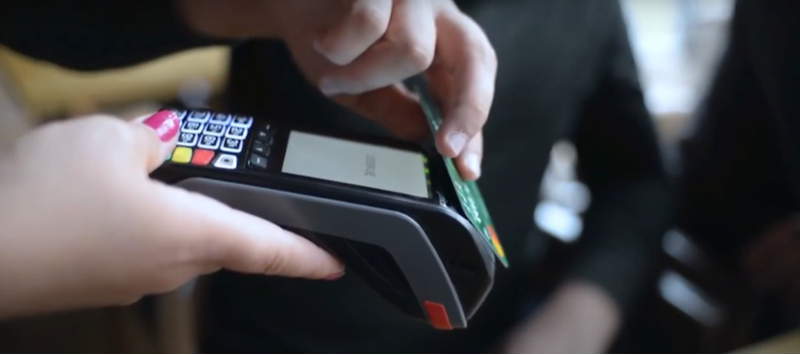
1. Use Two-Factor Authentication (2FA) on Banking Apps
Many banks offer 2FA security, requiring a second layer of verification before transactions are approved.
2. Keep an Eye on Your Account Activity
Check your bank and credit card statements regularly to spot suspicious activity.
3. Use a VPN for Secure Online Transactions
Even if RFID blocking protects against physical scanning, your financial data is still vulnerable online. Hackers can intercept banking details on unsecured networks, such as public Wi-Fi.
Using a Best free VPN ensures that your internet connection is encrypted, making it nearly impossible for cybercriminals to access your sensitive information.
4. Consider Turning Off Contactless Payments
Some banks allow you to disable RFID features in your account settings. This is an effective way to eliminate risks.
5. Use Virtual Cards for Online Purchases
Many banks now offer temporary virtual cards with unique numbers, reducing the risk of fraud if your card details are compromised online.
💖Pro Tips💖
UFO VPN prioritizes your privacy by blocking ISPs, advertisers, and cybercriminals from harvesting data about your device or habits. Recognized as the best VPN for PC and best VPN for Mac, its advanced encryption anonymizes your connection, ensuring activities like visiting onion sites never reveal your hardware specs, browser fingerprints, or real IP address.
With one-click activation, UFO VPN simplifies security—no technical expertise needed. Start shielding your data by using best VPN for PC and browse with uncompromised confidence.
FAQs :
1. Is RFID blocking really necessary?
Not for most people. RFID theft is rare, and modern cards use encryption that makes unauthorized scanning difficult.
2. Can thieves really steal money with an RFID scanner?
It’s theoretically possible, but real-world cases are extremely uncommon. Most payment terminals require card authentication or PIN entry for large transactions.
3. Does aluminum foil work as an RFID blocker?
Yes, but it’s impractical. RFID-blocking wallets are a more durable and convenient option.
4. What is the best way to prevent financial fraud?
Instead of focusing solely on RFID blocking, prioritize monitoring your accounts, using 2FA, and encrypting your online activity with a UFO VPN.
5. Can a VPN protect against RFID theft?
A VPN does not block RFID signals, but it protects your financial data online, where most fraud actually occurs. UFO VPN encrypts your banking transactions, preventing hackers from stealing your card details.
6. What’s safer—RFID blocking or turning off contactless payments?
Disabling contactless payments is the most effective way to prevent RFID skimming. RFID blocking is useful but not foolproof.
Conclusion
While RFID blocking wallets and sleeves do work, RFID theft is not as big of a threat as many believe. Contactless payments already include security measures that make unauthorized scanning unlikely. Instead of relying solely on RFID protection, consider more effective security measures like monitoring account activity, using two-factor authentication, and encrypting your internet connection with a UFO VPN.By combining physical security (RFID protection) and digital security (VPN encryption, account monitoring), you can ensure your financial data stays protected—both offline and online. 🚀

